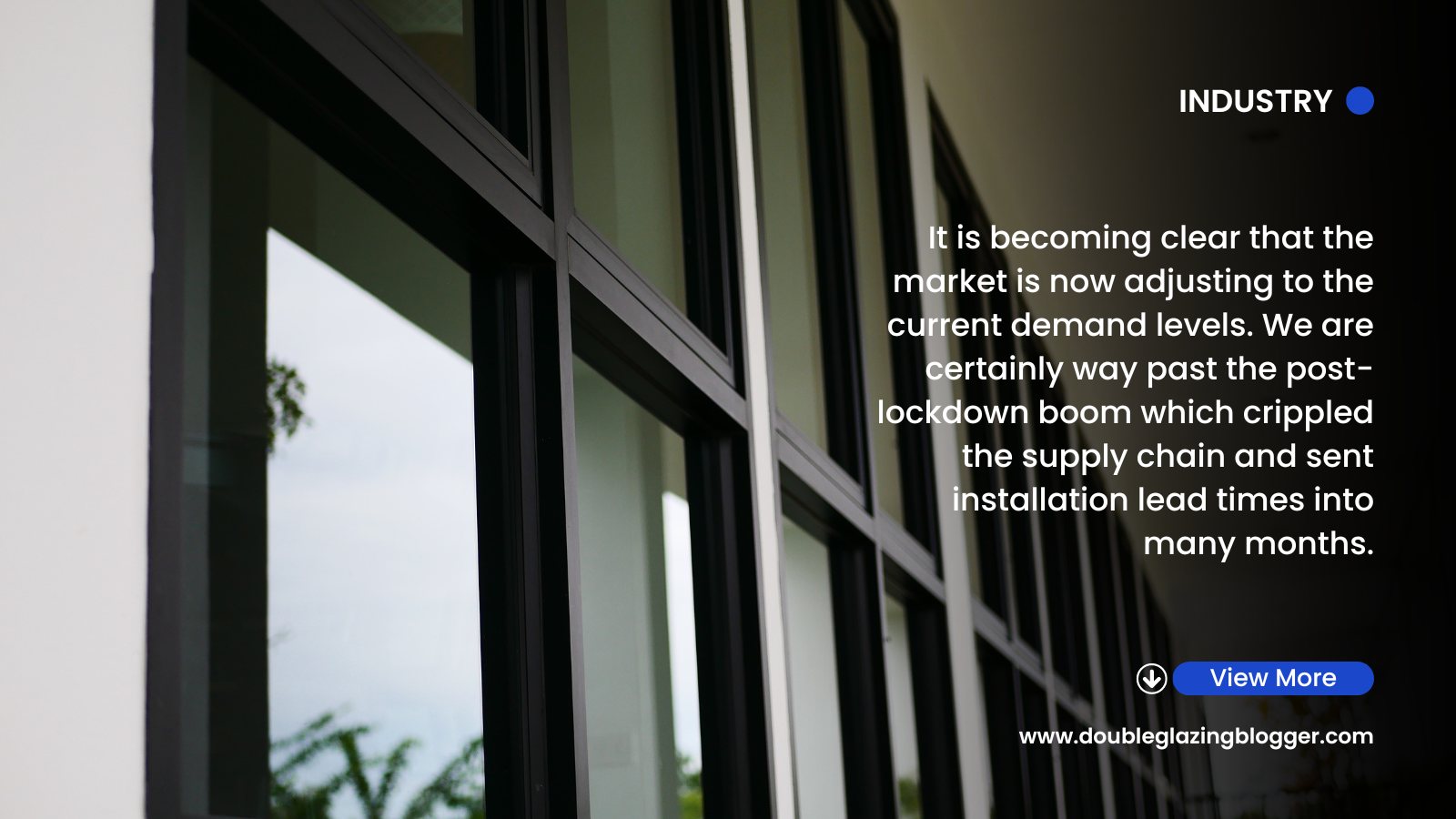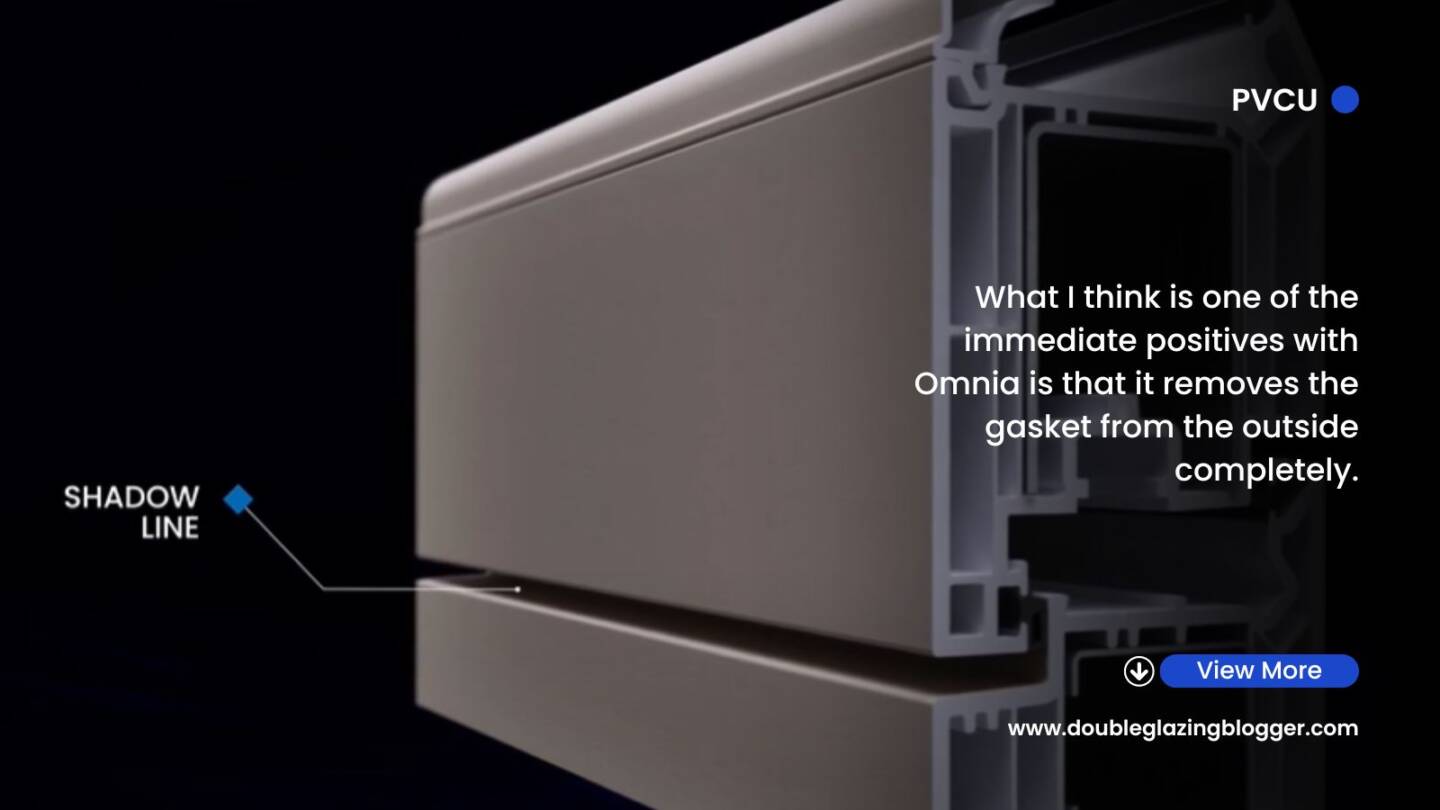So, this one could get a bit spiky in the comments section. This post is all about consequential loss and who should have to stump up for the costs when something goes wrong.
This has long been a topic on social media within the industry, but has reared it’s head again in recent weeks as a number of people and companies have took to Twitter to vent their frustration at general product quality, remedial work and customer service. Issues that were all centre stage in 2017 too.
Who should pay?
Consequential loss is the incurring of extra costs on one party due to the fault/s of the other company. For example, if a fabricator made a poor quality window for an installer, who was either unable to fit it, or would have to go back to rectify production issues, who should pay for that time?
Speaking as an installer, if we get a product that we find a defect with, either before we make it to site or during installation, that causes a problem for us. It means we either cannot fit that item, or we have to spend time and money getting our people to go back out to put right whatever the problem that may be. We have to pay for someone’s time, labour, materials etc. We have incurred a cost due to a fault by someone else.
On social media this past week, the subject has been about composite doors. Replacement slabs to be more specific. In the world of composite doors, there will always be a number of slabs that will bow. It’s a constant issue. Some manufacturers have it worse than others. But bowing slabs are a big problem. It can result in poor weather performance, security issues, with some home owners really struggling to secure their doors properly.
It also becomes a big headache for the installer. The home owner will always go back to the installer to report the issue, as you would expect. But if that installer finds themselves having to go back time after time, either to the same job or various, because of the fault of the product, then bigger questions have to be asked.
For the installer, they are the ones that would have to go back and re-fit slabs. The fabricator may supply them that slab free of charge, but the installer then spends a good portion of the day, unpaid, putting that right. Hence, consequential loss.
So the debate here is who, if anybody should pay. Now I have to see this from two points of view.
Fabricator vs installer
Looking at this from the point of view of an installer, you can let the off remedial pass if it’s been caused by your supplier, if they are indeed few and far between. Most installation companies are run by reasonable people who understand perfection doesn’t exist and we live on a planet where mistakes are made. It is how those mistakes are put right. If they are put right in a professional and timely manner then the installer would no doubt leave it at that and do whatever work was needed to make sure the home owner is happy.
If however the installer finds themselves putting issues right time after time, on a far too regular basis, then it’s a different story. If an installer is having to dedicate a large portion of their time to remedial work caused by product faults and poor quality at the hands of their suppliers, then I think suppliers should be putting their hands in their pocket by way of acknowledging the constant inconveniences caused to their installer customer. Because at the end of the day, if they’re on site putting out fires and not focusing in selling and installing, that is going to hurt the supplier too. If the installer is going to stay loyal to that supplier, then covering consequential loss has to be considered.
Now for the opposing argument. Many fabricators and suppliers have many customers. Most will be genuine. There will be some installers out there however who will happily pull the wool over the eyes of their suppliers in an attempt to reduce their bills or get a freebie, claiming faults with their products. Sad, but it’s true. So if you’re an installer who finds it somewhat difficult to get your supplier to send a replacement products no questions asked, or monetary compensation, consider that they will have a number of problem installer customers who will be bending the rules at all opportunities to shirk out of payment.
Fabricators have to be keen on this. They have to make sure they make as much money as possible. If they were to dish out replacement products free of charge at the first request every single time, I have no doubt they would be bleeding money. You can guarantee more and more installers would make the most of that generous attitude. That is why fabricators don’t do that. Most will not cover consequential loss, but only supply replacement products where absolutely needed.
The downside to that is the honest installers will find it often difficult to get something positive out of their fabricators. So the key thing here for me is to strike a reasonable balance, whilst at the same time making sure quality and customer service are as good as physically possible. No one says everything should be perfect, we all know that’s never going to happen. But, I do think all fabricators should have their own team of service engineers on hand to help out their installers in any way possible. Some have this, some don’t. If fabricators aren’t flexible and understanding of their customers, then they will find that installers will indeed push for consequential loss payments. That I don’t think is unresaonable.
What are your thoughts on this? Should suppliers cover consequential loss? Do installers expect too much? Have you struggled with your suppliers in recent months? All thoughts and feedback welcome via the comments section below.
To get weekly updates from DGB sent to your inbox, enter your email address in the space below to subscribe:
By subscribing you agree to DGB sending you weekly email updates with all published content on this website, as well as any major updates to the services being run on DGB. Your data is never passed on to third parties or used by external advertising companies. Your data is protected and stored on secure servers run by Fivenines UK Ltd.






